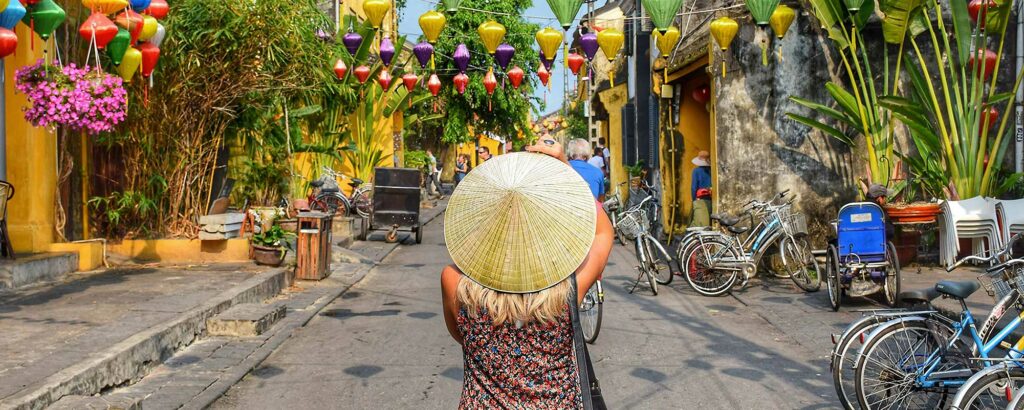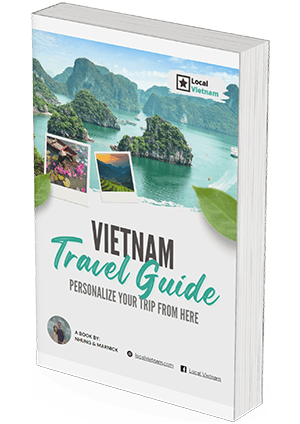10 Do’s when traveling in Vietnam
1. Do try the street food, it’s delicious and affordable
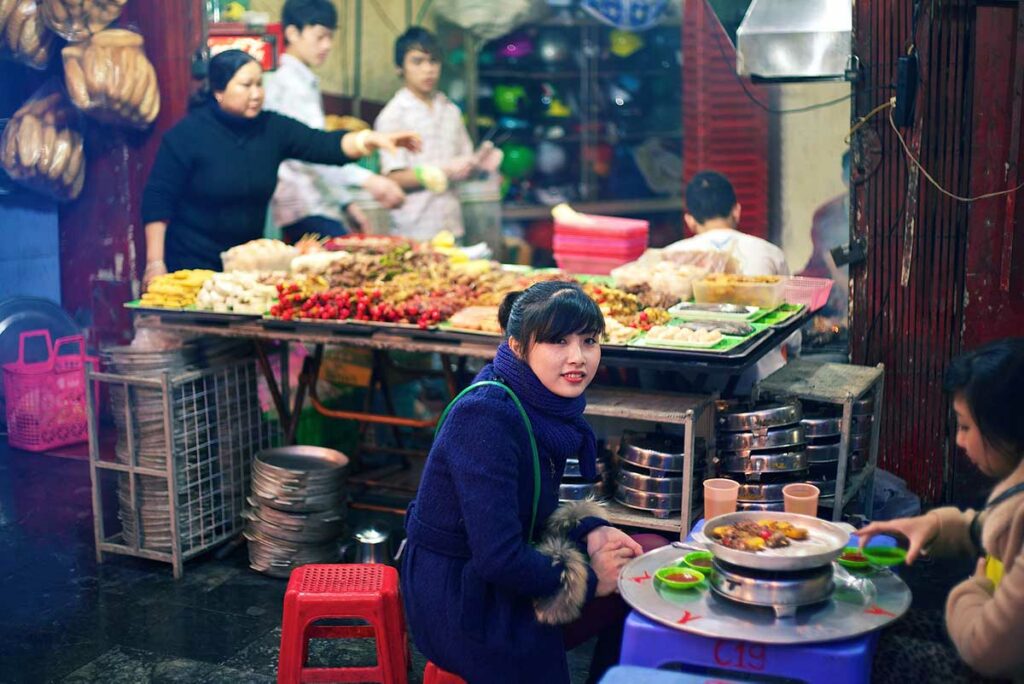
Trying street food in Vietnam is a must-do because it offers a unique culinary experience that is both delicious and affordable. Vietnamese street food is known for its fresh ingredients, bold flavors, and diverse regional variations, making it a great way to explore the local culture.
2. Do dress modestly when visiting temples and other religious sites
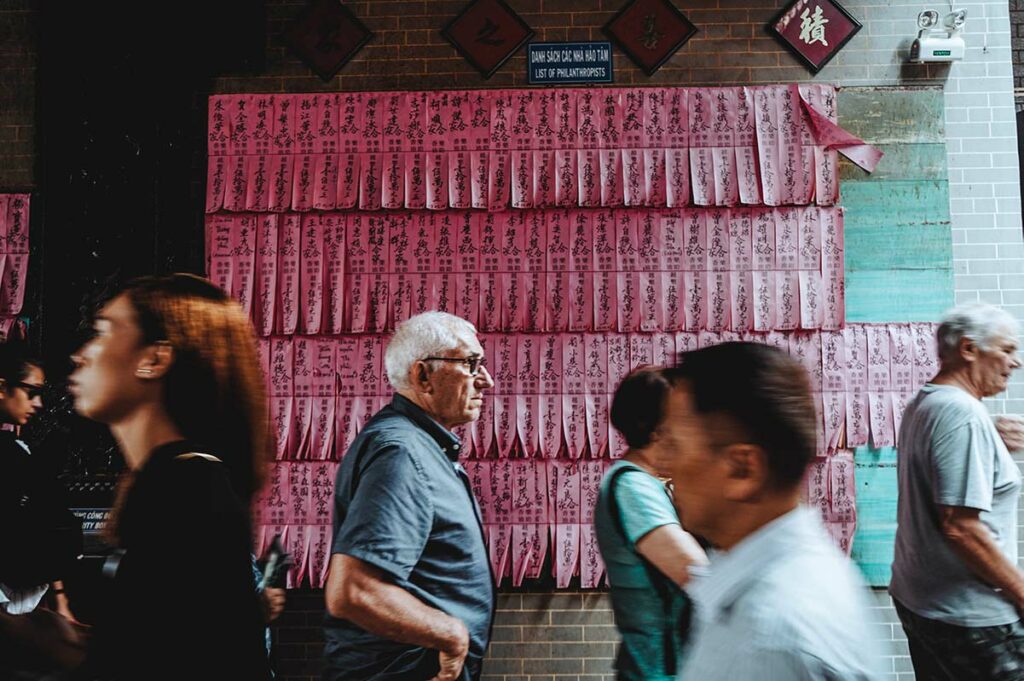
It is important to dress modestly when visiting temples and other religious sites in Vietnam as a sign of respect for the local culture and customs. This also helps to avoid any potential offense or discomfort for the locals and ensures that you can fully appreciate the spiritual significance of the site.
3. Do take your shoes off when entering someone’s home or a temple
Taking off shoes when entering a home or temple is a common practice in Vietnam to show respect. It is also a way to keep the floors clean, especially in homes where people sit and sleep on the floor. Following this custom will help you avoid any cultural misunderstandings and show that you appreciate and respect local customs.
4. Do carry small bills of Vietnamese Dong for easy transactions
Carrying small bills of Vietnamese Dong is a do in Vietnam because it makes transactions easier and more convenient. Many small vendors and shops may not have change for larger bills, so carrying small denominations ensures a smoother shopping experience.
5. Do learn a few basic phrases in Vietnamese, it shows respect for the culture
Learning a few basic phrases in Vietnamese is a sign of respect for the local culture and can help you communicate better with locals. Even just saying hello or thank you in Vietnamese can go a long way in building rapport with the people you meet during your travels in Vietnam.
6. Do be respectful towards locals and their customs
Being respectful towards locals and their customs is a must-do in Vietnam. Vietnamese people are friendly and hospitable, and showing respect towards their culture and traditions can help create a positive and enjoyable experience for both travelers and locals.
7. Do visit the local markets, they are a great way to experience the culture
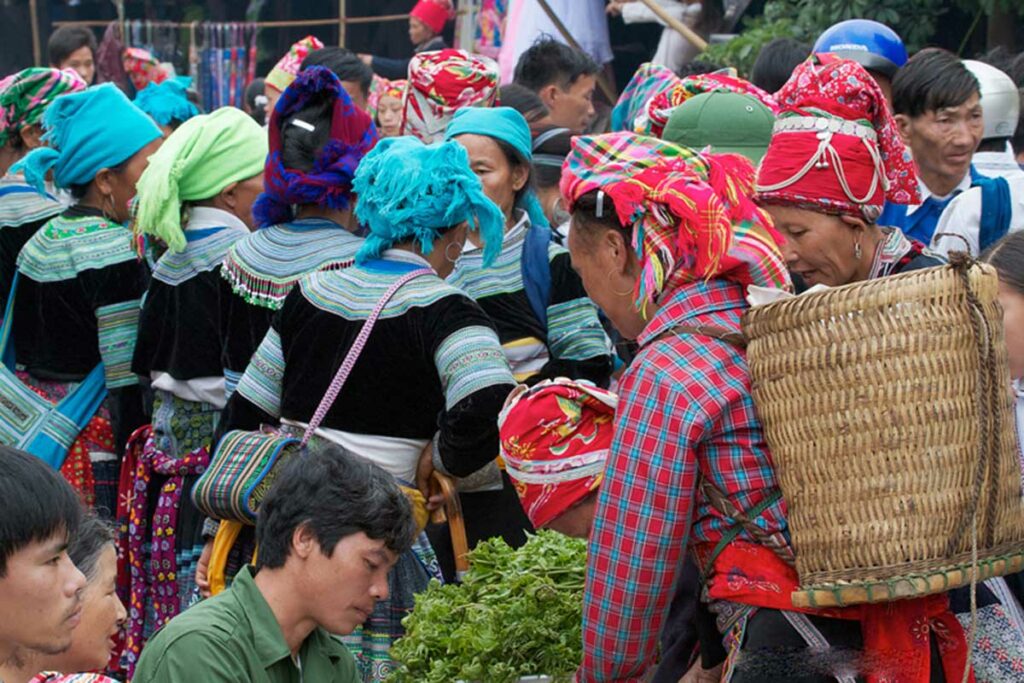
Visiting the local markets is a must-do in Vietnam as they offer a unique opportunity to experience the vibrant and diverse culture of the country. You’ll be able to try delicious street food, find unique souvenirs, and interact with friendly locals while soaking up the bustling atmosphere of the market.
8. Do use sunscreen and a hat to protect yourself from the sun
Vietnam is a tropical country with strong sunshine, so protecting yourself from the sun is important to avoid sunburn and heatstroke. Using sunscreen and a hat are effective ways to protect your skin and stay cool while exploring Vietnam.
9. Do be prepared for the traffic, especially in cities like Hanoi and Ho Chi Minh City
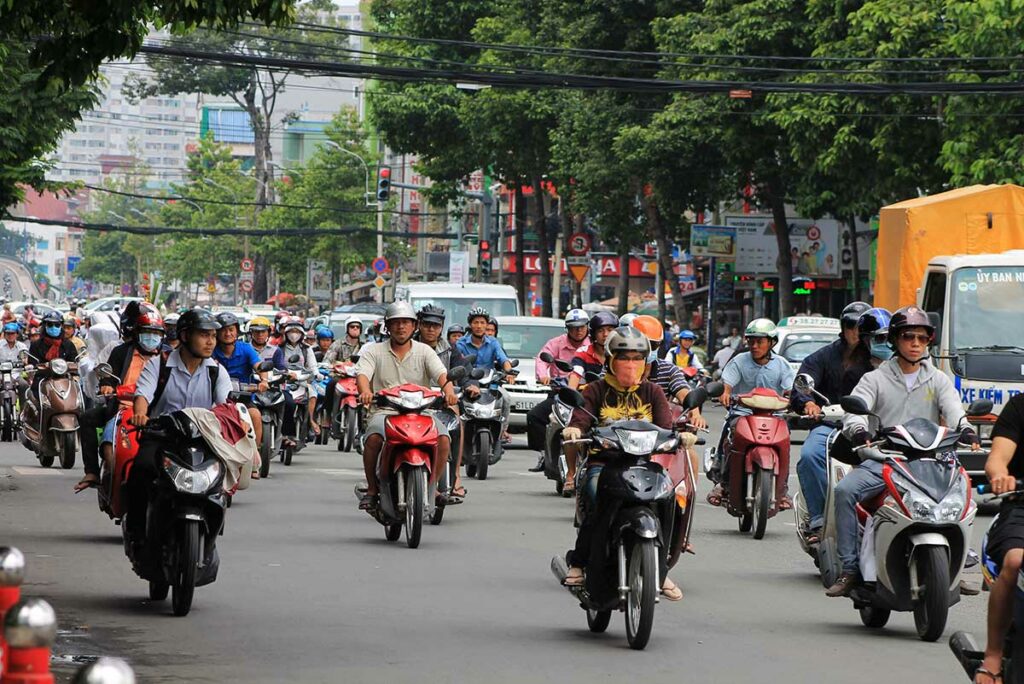
Vietnam’s traffic can be overwhelming, particularly in big cities like Hanoi and Ho Chi Minh City. To stay safe, it’s important to be aware of your surroundings, walk carefully, and follow the traffic rules. It’s also a good idea to avoid rush hour if possible, and consider using ride-hailing services like Grab to navigate the city more easily.
10. Do negotiate prices when shopping at markets
In Vietnam, bargaining is a common practice when shopping at markets. It’s important to negotiate prices politely and with respect to the vendor. This can lead to great deals on souvenirs and other goods.
10 Don’ts when traveling in Vietnam
1. Don’t touch someone’s head, it is considered disrespectful in Vietnam
In Vietnamese culture, the head is considered the most sacred part of the body, and touching it without permission is seen as a violation of personal space and disrespectful. Therefore, it’s important to avoid touching someone’s head in Vietnam to show respect for their beliefs and cultural traditions.
2. Don’t wear revealing clothing, it is not appropriate in the culture
In Vietnam, modesty is highly valued and wearing revealing clothing can be considered disrespectful. It is important to dress appropriately and cover your shoulders and knees when visiting religious sites or interacting with locals to show respect for the culture.
3. Don’t raise your voice or show anger in public, it is considered impolite
In Vietnamese culture, showing emotions publicly, especially anger, is seen as inappropriate and a loss of face for all parties involved. It is considered more respectful to keep your composure and address issues calmly and privately. Raising your voice or showing anger in public may also lead to misunderstandings and further conflict.
4. Don’t drink tap water, always drink bottled water
Drinking tap water in Vietnam is not recommended as it may contain harmful bacteria and pollutants. It’s best to stick to bottled water, which is widely available and affordable. This is especially important in more rural areas, where the water quality may be lower.
5. Don’t disrespect the national flag or the country’s leaders
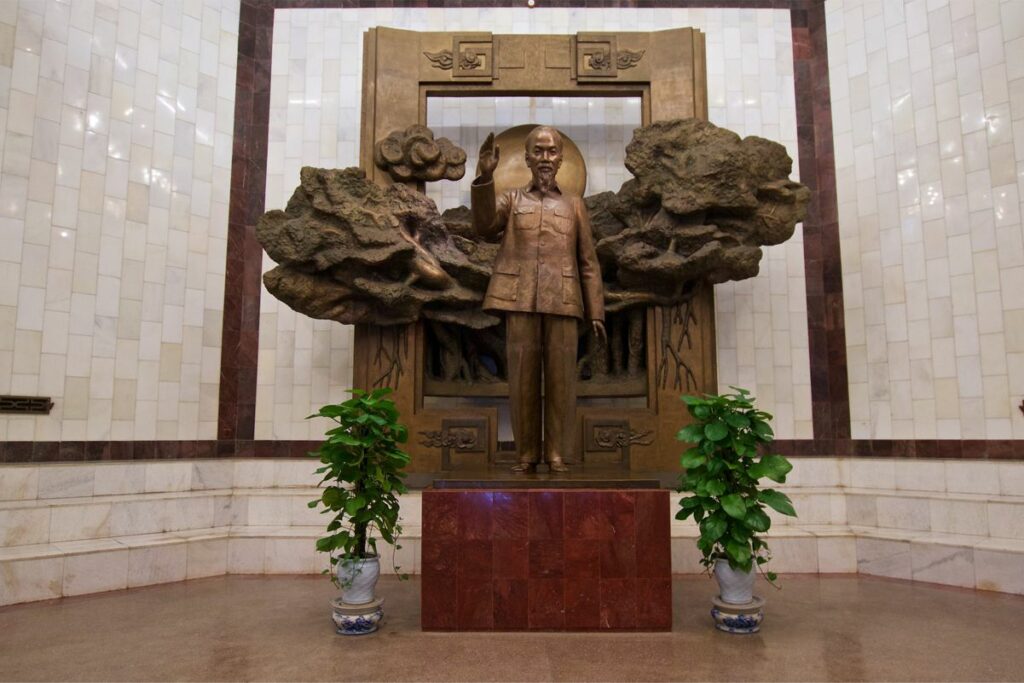
Disrespecting the national flag or the country’s leaders is a serious offense in Vietnam, and it is not taken lightly. As a foreign visitor, it is important to be aware of this and avoid any behavior that may be interpreted as disrespectful towards these symbols of national pride and unity. This includes avoiding any disrespectful gestures, language or behavior towards these symbols or any political figure.
6. Don’t take photos of people without their permission
Taking photos of people without their permission is considered impolite and intrusive in Vietnam. It’s important to respect people’s privacy and culture, and ask for permission before taking their photo. In some cases, people may request a small payment in exchange for allowing their photo to be taken.
7. Don’t litter, the country is struggling with waste management
Littering is considered disrespectful in Vietnam and can lead to fines. The country is struggling with waste management, so it is important to dispose of trash properly to help preserve the environment.
8. Don’t use your feet to point at something or someone
In Vietnam, it is considered rude to use your feet to point at something or someone as it is seen as disrespectful. Feet are considered the lowest part of the body and pointing with them is considered impolite and offensive. It is better to use your hands to gesture instead.
9. Don’t bring up the Vietnam War or politics in general
Bringing up the Vietnam War or politics in general can be a sensitive topic in Vietnam. It’s best to avoid discussing it to prevent any uncomfortable situations or misunderstandings.
10. Don’t show too much affection in public
Public displays of affection are not common in Vietnam and may be seen as inappropriate. It is best to avoid intimate physical contact such as kissing or hugging in public, especially in more conservative areas. Holding hands is generally acceptable but it’s best to follow the lead of the locals.
